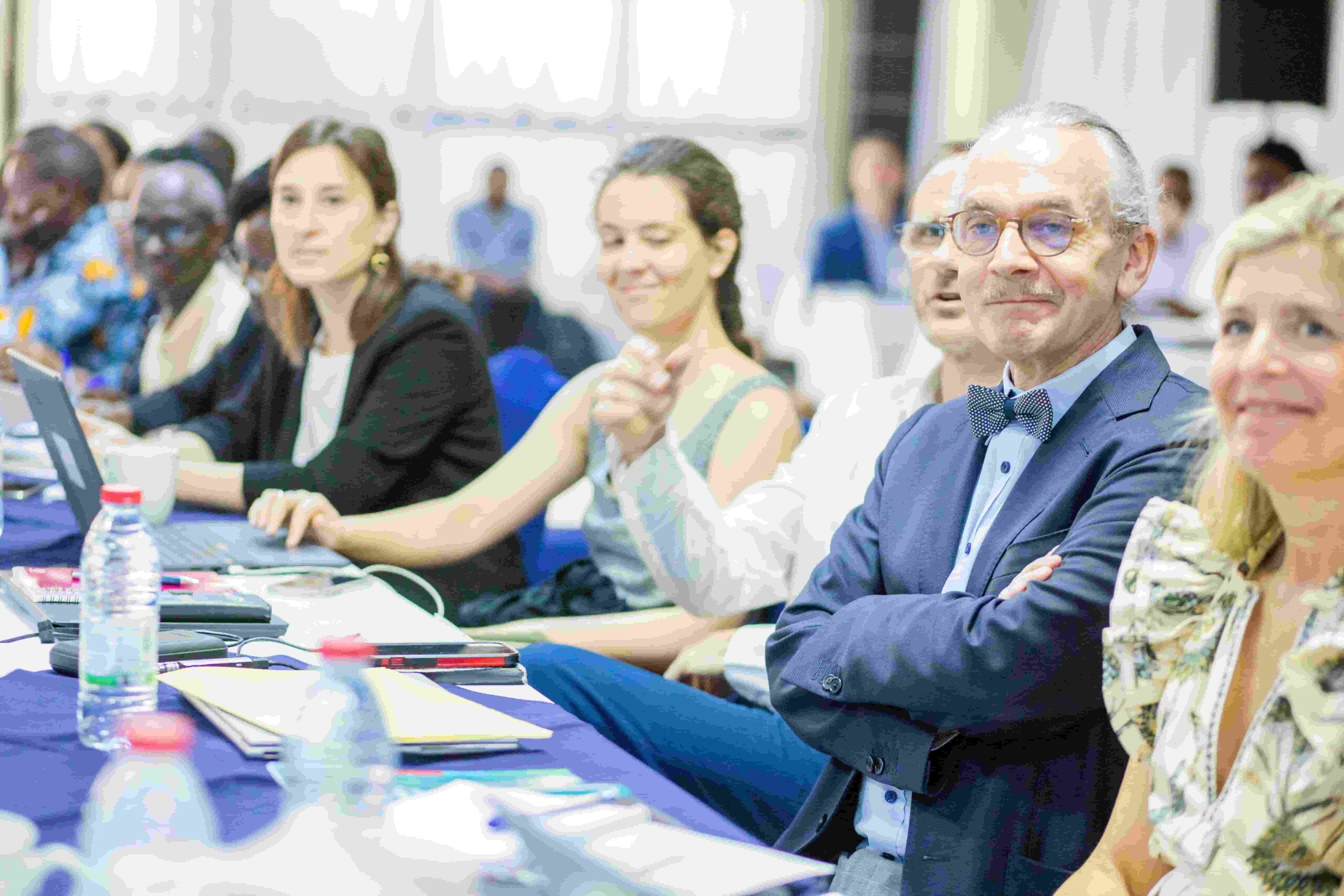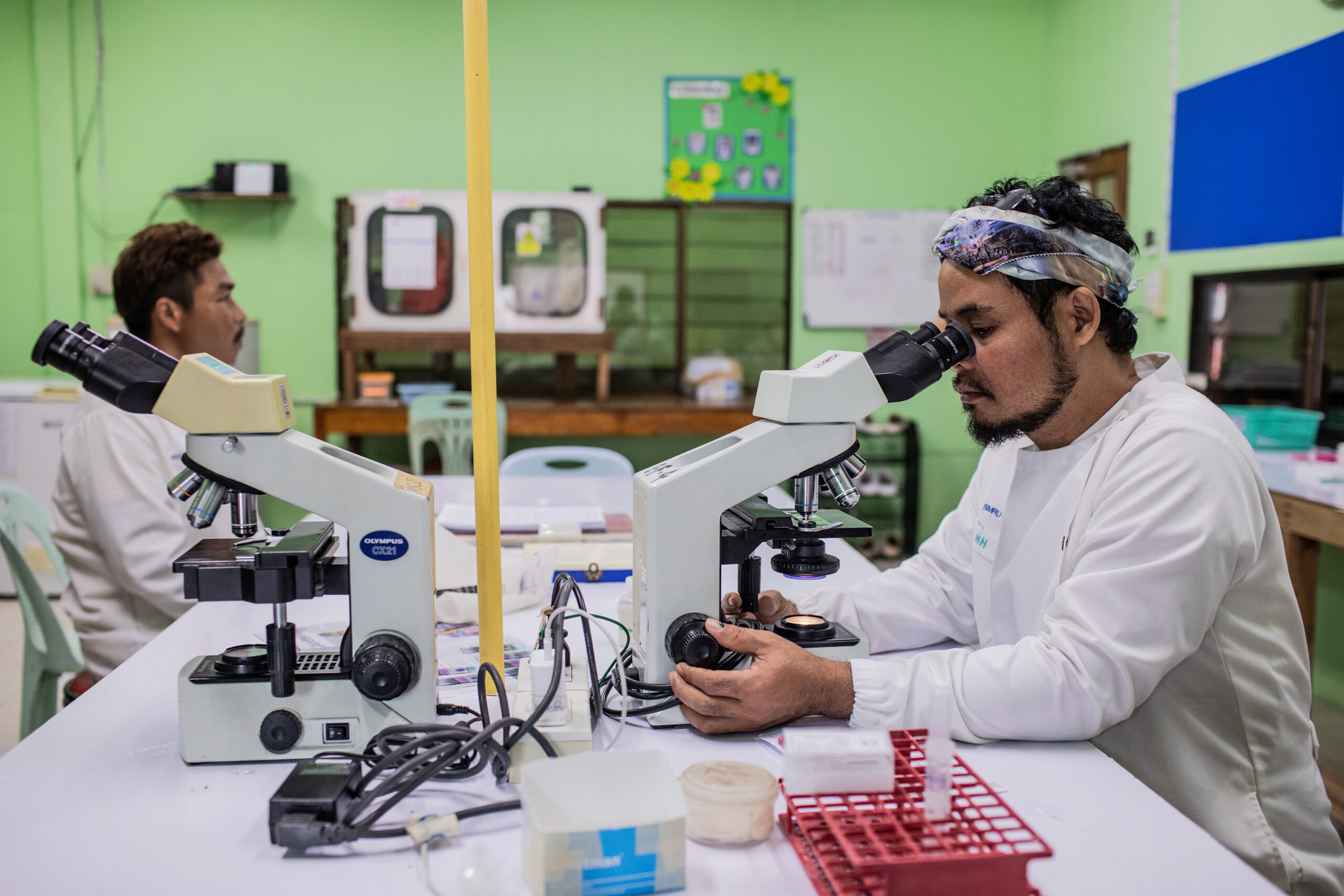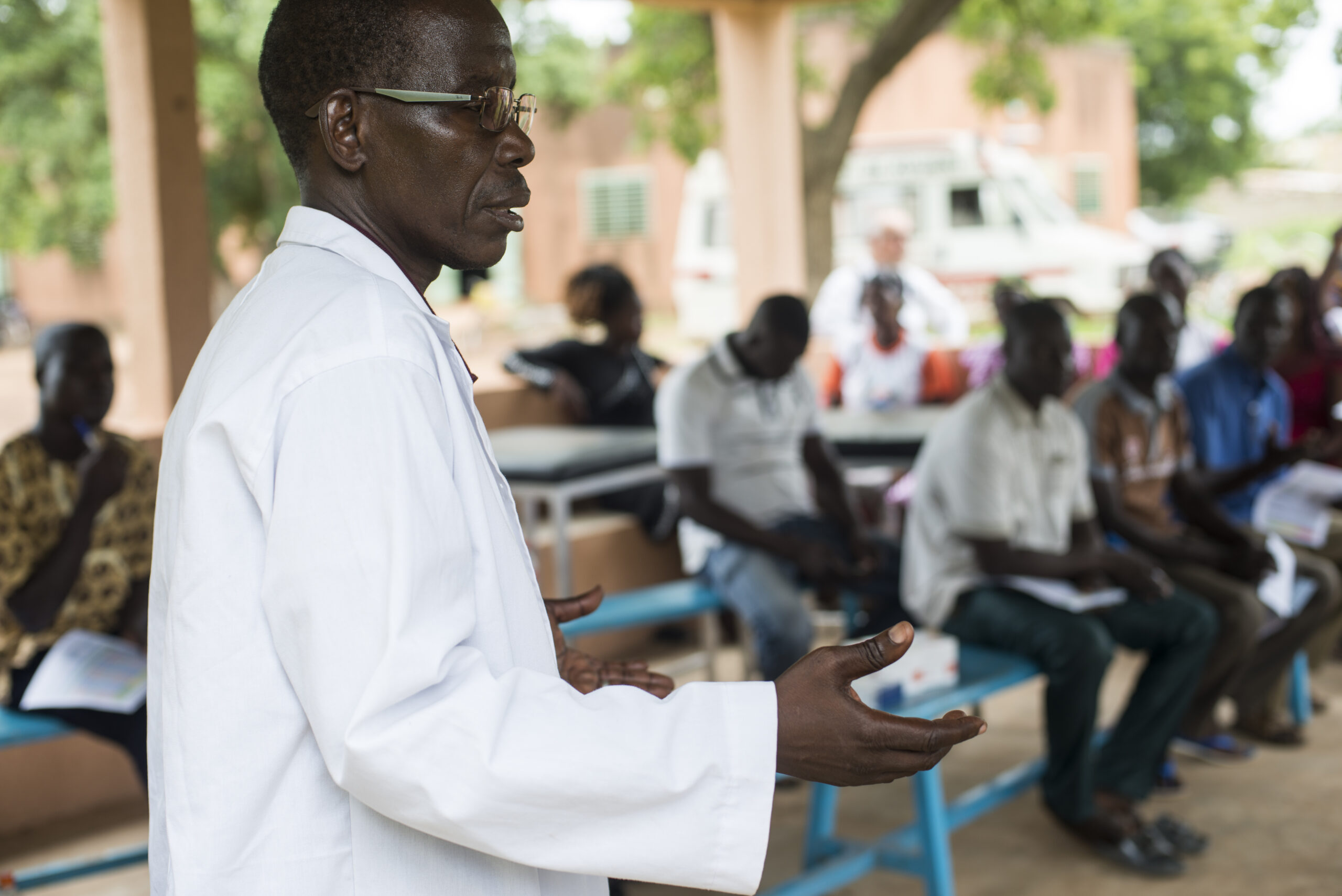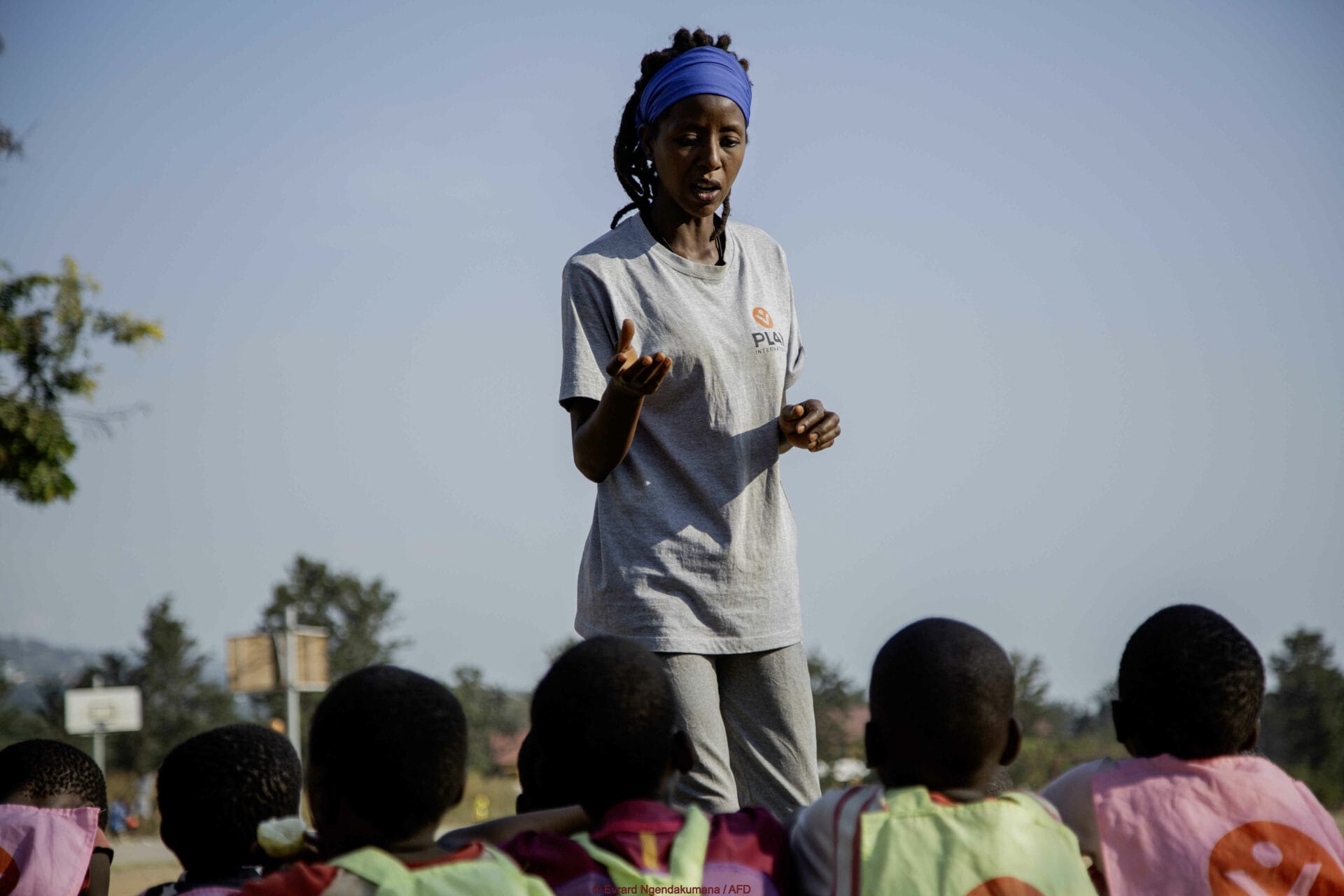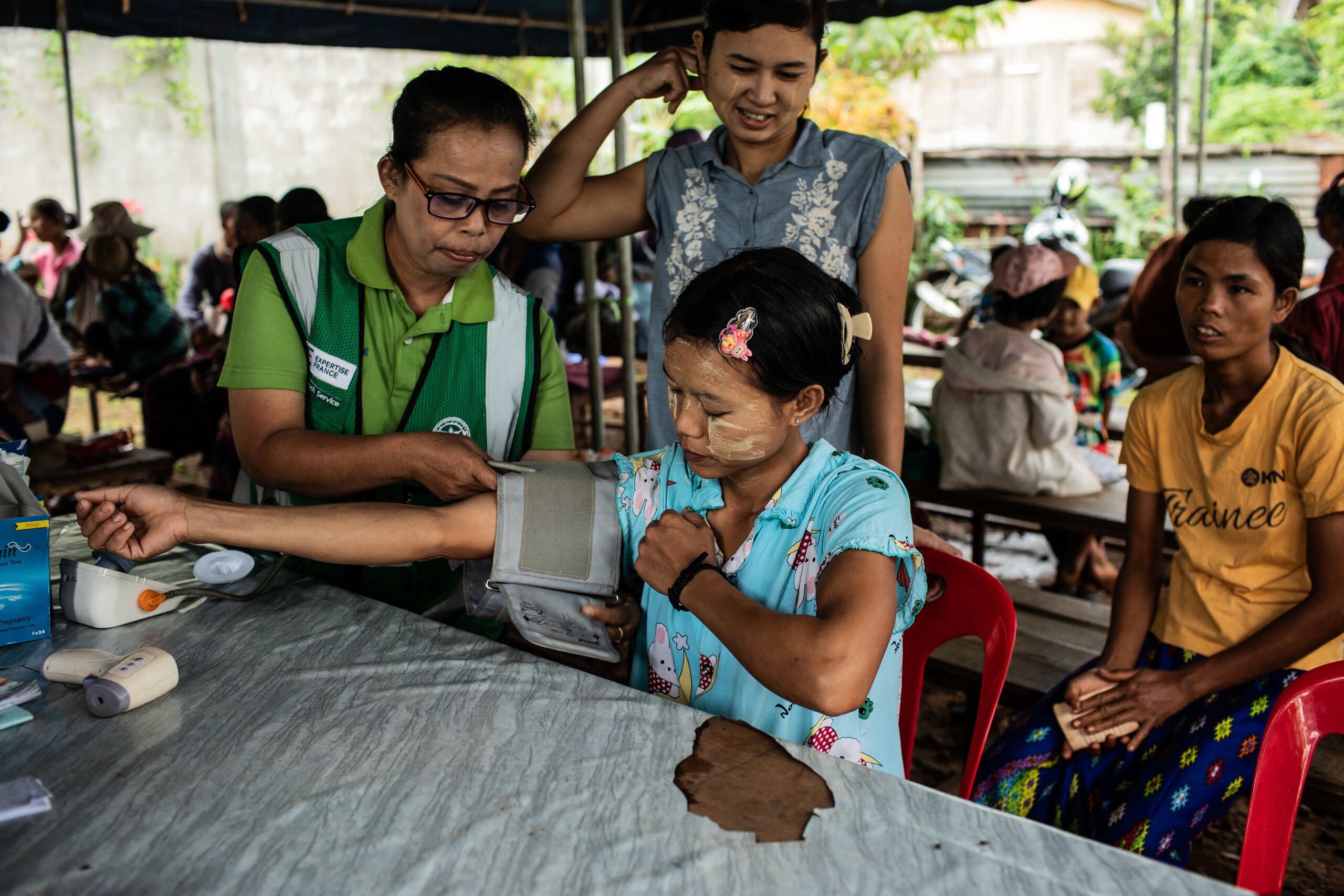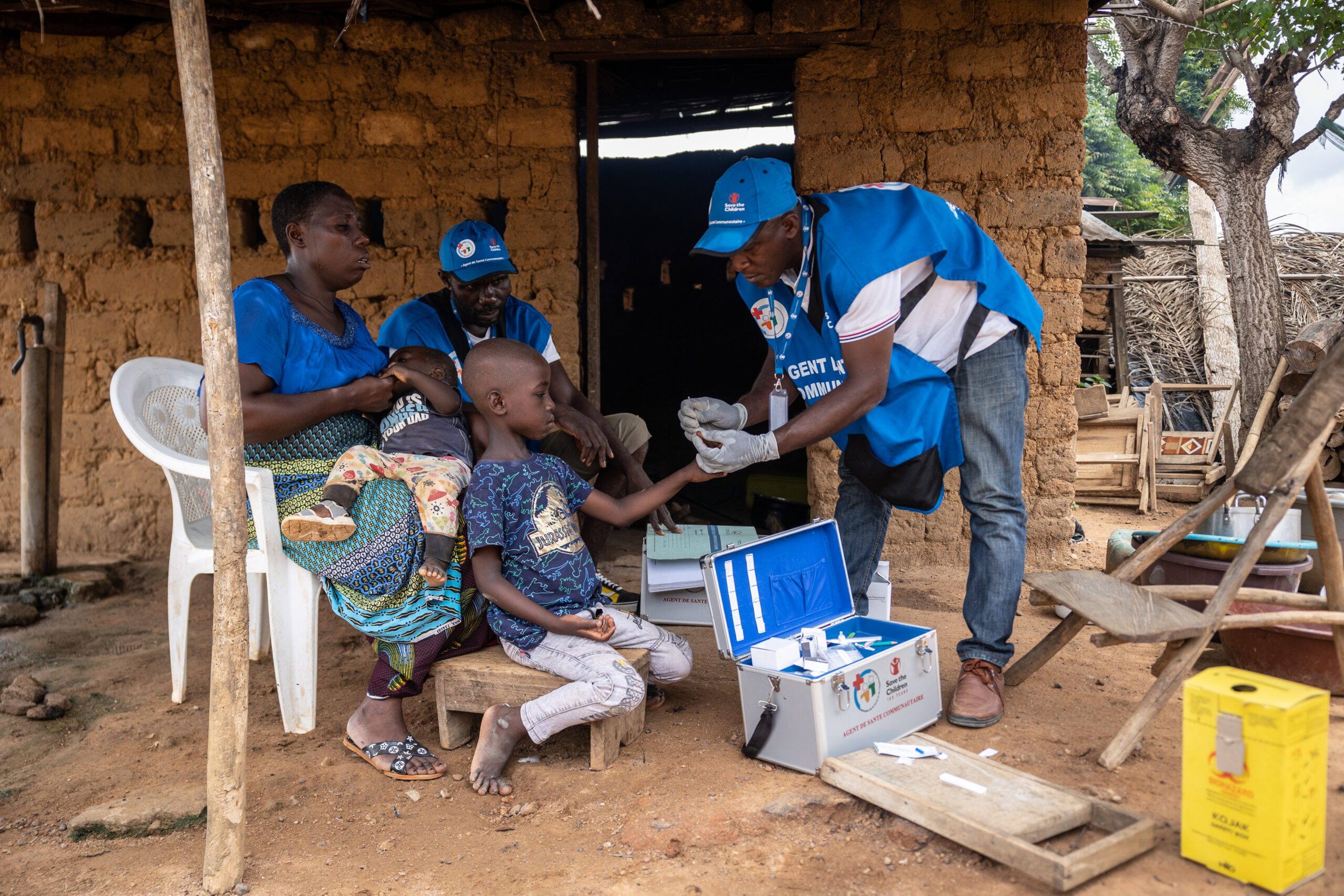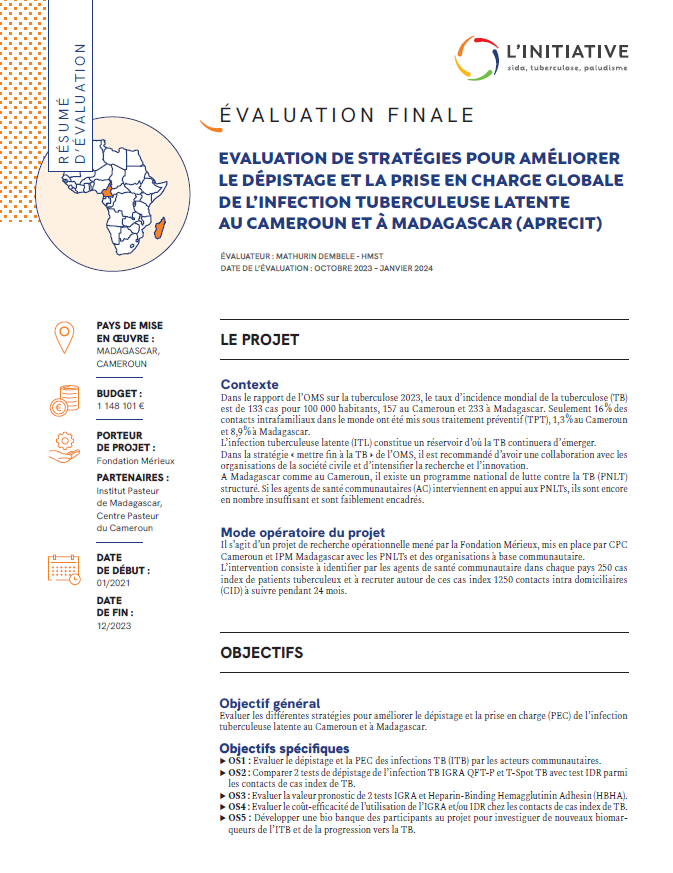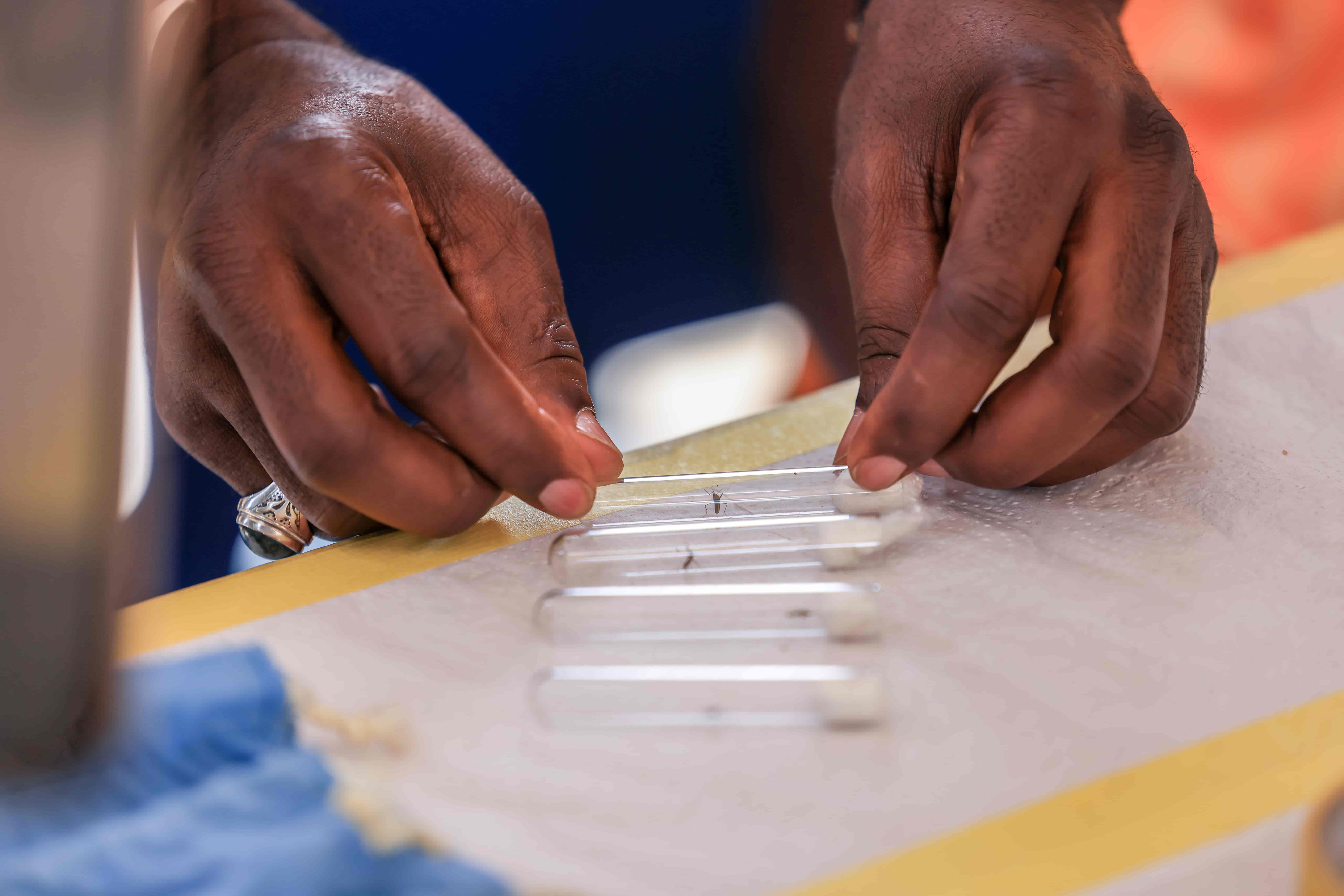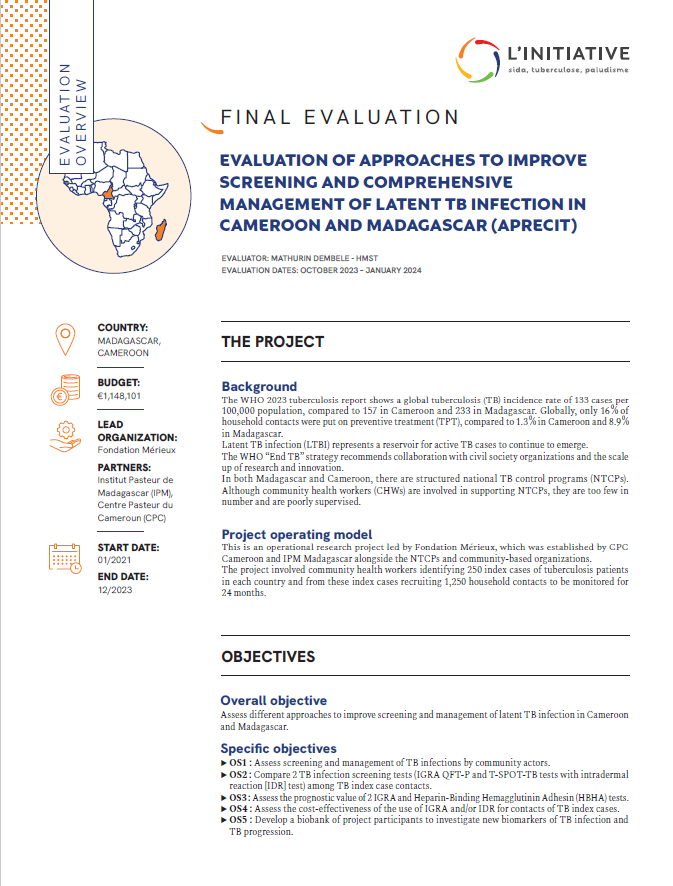With the recent launch of L’Initiative’s project funding streams, Éric Fleutelot, Technical Director of the Pandemic Unit, and Yasmina Lakmad, Call for projects Coordinator, explain the reasons behind creating this new funding stream dedicated to next phase projects.

Éric Fleutelot
Technical Director of the Pandemic Unit

Yasmina Lakmad
Call for projects Coordinator
Why a new funding stream dedicated to next phase projects?
Éric Fleutelot: Our goal was to fill a gap in our funding opportunities. On one hand, it will better address the unique aspects and characteristics of next phase projects. On the other hand, it allows new projects to be evaluated on their own merits, without competing with projects that already have results to showcase.
Yasmina Lakmad: Within this framework, the steering committee has implemented a new timeline to reduce the time between the end of the first phase and the launch of the second. This new single-phase funding stream reduces the delay between dossier submission and the granting of the new funding. Additionally, the concept note format specific to this stream will enable project organizations to better highlight the outcomes of previous funding and justify the need for a next phase.
Why is funding a “next phase project” important?
Yasmina Lakmad : Funding a next phase project is, above all, a commitment to sustaining the actions implemented. New funding enables the applicant to ensure continuity and durability of actions to consolidate and make the results permanent. In terms of capacity building, a next phase project allows local teams and partners to incorporate best practices and innovations developed during the initial project. Lastly, within the next phase intervention framework, the applicant can capitalize on lessons learned from the previous phase to optimize the project, its effectiveness, and its alignment with local needs.
Éric Fleutelot : For L’Initiative, this is one more step alongside project leaders, marking our commitment to long-term projects as a backer of sustainable actions. Funding a next phase project or scaling up also enables us to conduct a more in-depth analysis of our long-term results. We can also discuss the leverage effect related to the transfer of actions to national actors and adaptation to pandemic evolution and local contexts—two elements to which an additional project phase can respond through appropriately adjusted interventions.
Why is operational research excluded from the new “Next Phase Projects” funding stream?
Yasmina Lakmad : In operational research, projects are often designed to address a specific question or problem and provide immediate, concrete solutions to operational needs. Once these solutions are developed and applied, the project has generally achieved its primary objective. The outcomes of these projects often serve as a basis for optimization or decision-making and do not require “next phase” in the sense of new implementation phases.
Éric Fleutelot : Moreover, in an operational research project, the tools, models, or methods developed are typically transferred to relevant teams or structures for immediate use. In intervention projects, however, a second phase, or “next phase project,” may be necessary to deepen results, adjust tools, or test approaches on a larger scale. Often, the goal is to develop, adapt, or expand an initial program within a more operational or experimental framework, which is less common in the targeted nature of operational research projects.

Apply to Our Calls for Proposals
L’Initiative complements the investments of the Global Fund by launching annual calls for proposals to fund projects aimed at combating AIDS, tuberculosis, and malaria.
